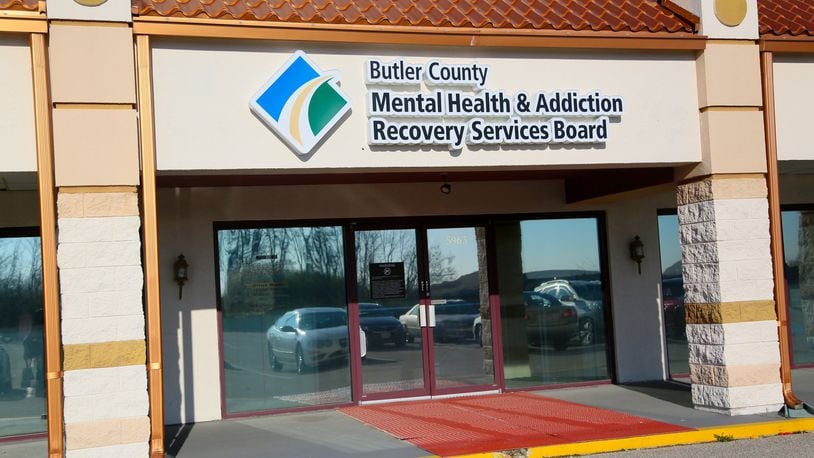“I’m not asking the commission for monies in this particular cycle, but in the future, obviously, there is a need there. We are $3 million short, so either the general fund or via a levy for the future,” he said.
The commissioners have asked all of the social service agencies to not compete with one another on the ballot with levy requests. Children Services is due to be on the ballot in November 2017 and the Board of Developmental Disabilities the year after.
There have been 113 drug overdoses this year through July, and 89, or 79 percent, were heroin/fentanyl related, the Butler County Coroner’s Office said. Last year in the county, there were 189 drug overdoses, and 149, or 79 percent, were heroin related, officials said.
Just six years ago, there were seven heroin related deaths in Butler County, meaning the deaths have jumped 1,957 percent since 2010.
The county’s opiate epidemic has affected several areas from jails and courts to Children Services, where more than 400 children were placed in foster care this year largely due to the heroin epidemic, according to County Administrator Charlie Young.
“It is possible to combat the ravages of this opiate epidemic,” Young said. “It’s not easy, but it’s possible and to do so in a fiscally responsible manner … It’s possible to do it with existing resources and just utilizing them differently. It’s not always just a matter of money or additional people.”
Young said there are many things to consider this year’s budget, but they need to make cuts in what has been requested first, before they could even consider the opiate epidemic plan.
“We’ve got a monumental task ahead of us just to get down to an operating budget,” he said. “It feels like it’s going to be more difficult this year, partly because of the $3.1 million cut.”
The county faces a $3.1 million drop in sales tax due to a federal Medicaid mandate this coming year.
Commissioner Cindy Carpenter, also a member of the county’s opiate task force, ticked off all the types of new or expanded treatment options in the plan, like detoxification services, residential addiction services, recovery housing and the list goes on.
“It’s a good start, but not enough,” she said repeatedly.
About the Author
